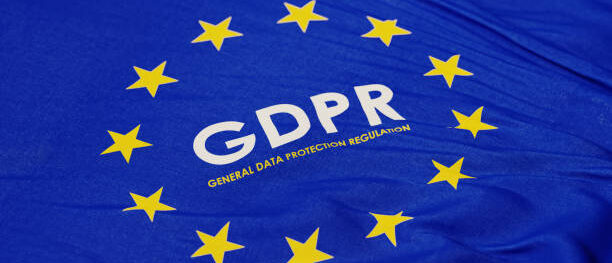Data protection has become a critical issue for companies worldwide. The General Data Protection Regulation (GDPR) is one of the most stringent data protection laws globally, and its implications are far-reaching. But why is it so crucial for companies to adhere to these regulations? Let's delve into the importance of GDPR Data Compliance and how it can benefit businesses.
Enhancing Consumer Trust
One of the primary reasons for GDPR Compliance is the enhancement of consumer trust. When customers know that their personal data is being handled responsibly and securely, they are more likely to trust the company. This trust translates into increased customer loyalty and a stronger brand reputation.
Avoiding Legal Repercussions
Failure to comply with GDPR can result in hefty fines and legal actions. These penalties can have a significant financial impact on a company, potentially leading to bankruptcy in severe cases. Therefore, GDPR Compliance is essential to avoid legal repercussions and ensure the financial stability of the business.
Safeguarding Data Security
Data breaches have become alarmingly common, and they can have devastating consequences for both consumers and companies. GDPR Compliance ensures that companies implement stringent data security measures, thereby reducing the risk of data breaches. By protecting personal data, companies can avoid the costly fallout from data breaches, including financial losses and reputational damage.
Improving Data Management Practices
Compliance with GDPR forces companies to evaluate and improve their data management practices. This includes ensuring that data is collected lawfully, stored securely, and used transparently. Better data management practices lead to more efficient operations, reducing redundancies and improving overall productivity. Thus, GDPR Compliance not only protects consumers but also enhances business efficiency.
Competitive Advantage
In a market where data privacy is becoming increasingly important, GDPR Data Compliance can provide a competitive advantage. Companies that prioritize data protection can differentiate themselves from competitors who may not be as vigilant. This distinction can attract privacy-conscious consumers and business partners, leading to increased market share and growth opportunities.
Building a Culture of Accountability
Adhering to GDPR promotes a culture of accountability within a company. Employees become more aware of the importance of data protection and are more likely to handle data responsibly. This culture of accountability can extend beyond data protection, fostering a more ethical and responsible business environment overall.
Facilitating International Business
For companies operating on a global scale, GDPR Data Compliance is essential. Many countries and regions have adopted similar data protection regulations, and compliance with GDPR can facilitate business operations in these areas. By adhering to GDPR, companies can ensure smoother international transactions and avoid potential regulatory conflicts.
Ensuring compliance is not just about avoiding fines; it’s about building a better, more secure future for your business and your customers. Let’s take a look at some of the FAQs.
1. What is GDPR Data Compliance?
GDPR Compliance refers to the adherence to the regulations set forth by the General Data Protection Regulation, which governs how companies collect, store, and manage personal data of EU citizens.
2. Who needs to comply with GDPR?
Any company that processes personal data of EU citizens, regardless of its location, must comply with GDPR.
3. What are the penalties for non-compliance?
Penalties for non-compliance with GDPR can be severe, including fines of up to €20 million or 4% of the company's annual global turnover, whichever is higher.
Conclusion:
GDPR Compliance is not just a legal requirement but a strategic business decision. It enhances consumer trust, safeguards data security, and helps avoid legal repercussions. Moreover, it improves data management practices, provides a competitive advantage, and builds a culture of accountability. For companies aiming for long-term success, adhering to data protection regulations like GDPR is indispensable.
By prioritizing GDPR Data Compliance, companies can protect their consumers' data, enhance their reputation, and ensure sustainable growth in the increasingly data-driven world.
Also Read:





